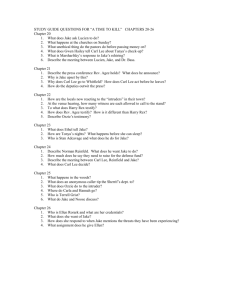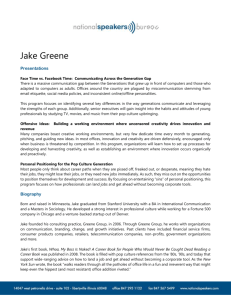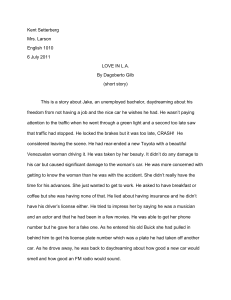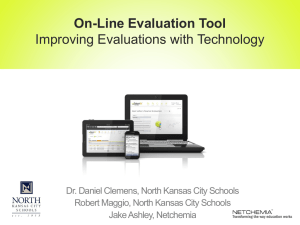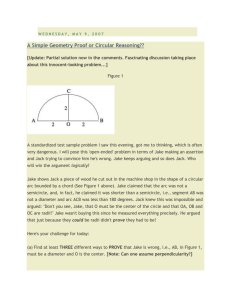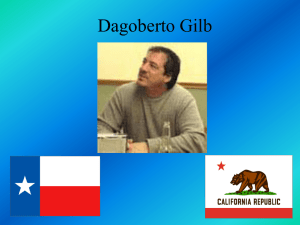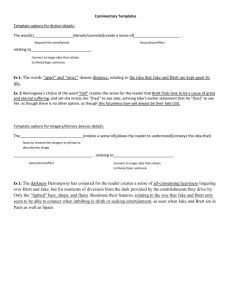Reading Schedule
advertisement
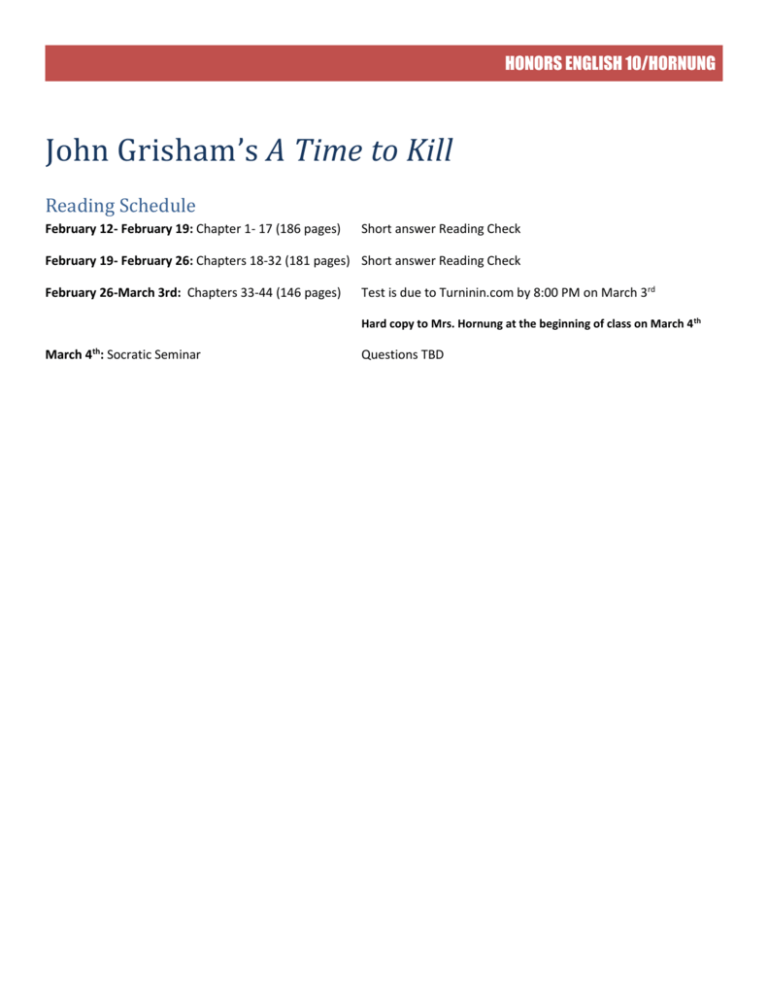
HONORS ENGLISH 10/HORNUNG John Grisham’s A Time to Kill Reading Schedule February 12- February 19: Chapter 1- 17 (186 pages) Short answer Reading Check February 19- February 26: Chapters 18-32 (181 pages) Short answer Reading Check February 26-March 3rd: Chapters 33-44 (146 pages) Test is due to Turninin.com by 8:00 PM on March 3rd Hard copy to Mrs. Hornung at the beginning of class on March 4 th March 4th: Socratic Seminar Questions TBD HONORS ENGLISH 10/HORNUNG Name: ______________________________________________ Date: ______________________________________________ Assessment: A Time to Kill Instead of assigning chapter by chapter questions, this assignment will be due at the culmination of your reading. For full credit, submit it at the date and time listed below. Turnitin.com Deadline: March 3rd, by 8:00 PM Hard Copy Deadline: March 4th, start of 1st period Short Answer: In complete sentences, answer the following questions using textual evidence. Type your answers. 1. How are Jake Brigance and/or Lucien Wilbanks like Samuel Liebowitz, lawyer of the Scottsboro boys? 2. What happens to cause Carl Lee to state, “"I'll take my chances with my friend Jake."? 3. What was Lucien’s best piece of advice for Jake- and why was it his best piece of advice? 4. Who is the stronger of the two women, Carla Brigance or Ellen Roark, and why? 5. Who is Tim Nunley and what has he done? 6. How does Jake manage to convince Carl Lee to reclaim him as his lawyer? 7. Who is Clyde Sisco and how does he know Lucien? 8. What relevance does Mack Lloyd Crowell have to the outcome of the trial? HONORS ENGLISH 10/HORNUNG Paragraph Response: Respond to the following prompts in typed format, and be sure to cite evidence from the text to support your assertions. Use the evidence presented in the novel to add specific commentary to your answers. Write your answers on a separate sheet of paper. A. This novel describes in detail the judicial proceedings of a capital murder case. How do the proceedings relate to the issue of justice? Do the proceedings produce justice? How does skill at law figure the accomplishment of justice? How does the book impact your beliefs in the American system of criminal justice? B. What does "justice" mean in this novel? How often and in what contexts do the characters use the term? C. Who are the "good" lawyers in the book? What does "good" mean in this context — adept at legal tactics, or morally upstanding, or both? D. If you were in legal trouble, would you hire Jake Brigance? (If you needed a lawyer for a divorce proceeding, would you retain Harry Rex Vonner?) E. How comfortable are you with the resolution of Carl Lee's case? F. Why do so many lawyers want to defend Carl Lee? Jake turns down the chance to defend Pete Willard, but fights off others to keep Carl Lee as a client. Why? G. What aspects of the book do you think you will recall when you read about or discuss other court cases? H. Is Ozzie a good sheriff? Is his interrogation of the bomber just? I. How would you define race relations in Clanton? J. How do you react to the characters' frequent, even constant use of the racial epithet? What does its use mean to these characters? K. What is the status of women in Clanton? What does Grisham accomplish by inserting Ellen Roark into this environment? Essay Response: Hubris Arrogant pride, the classic tragic flaw reminiscent of Oedipus and Hamlet, is the character weakness that infects many of the principal players in this novel and, most noticeably, the main character, Jake Brigance. Hubris is an unspoken certainty that the eyes of the world must certainly be on oneself, an assurance that the limits of human action in an orderly universe surely do not apply in one's own case. As a classic tragic flaw, hubris blinds the hero to his own shortcomings and exaggerates his importance, at least in his own mind. Jake Brigance has been set up for a great fall by the fortuitous turns of events in his young life. Reflect upon three major elements of Jake’s existence which create the element of hubris- bearing in mind that he escapes the typically tragic ending of such a “hero.” Write your answers on a separate sheet of paper.
